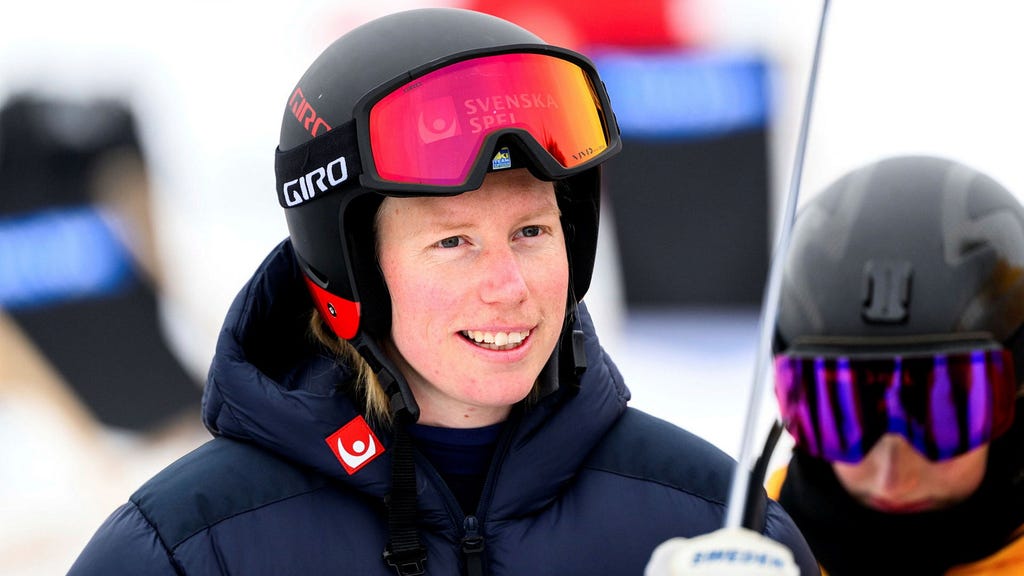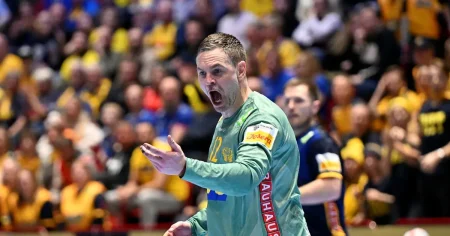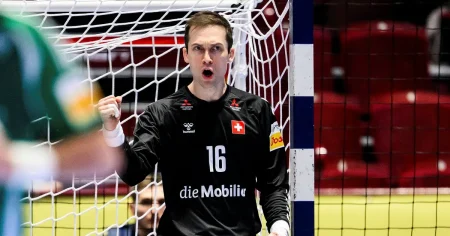The terse statement released by the Swedish Ski Association, announcing Frida Karlsson’s return to Sweden for a medical examination following her alarming collapse at the finish line of Thursday’s race, sent ripples of concern throughout the cross-country skiing world. The brevity of the announcement, ”She is going home to Sweden for a check-up after her collapse in yesterday’s competition. More information will follow when available,” only served to amplify the anxieties surrounding the young skier’s health. The lack of detail fueled speculation about the severity of her condition and cast a shadow over the ongoing competition in the French Alps. Karlsson’s absence from Friday’s race confirmed the seriousness of the situation, leaving fans and fellow athletes alike anxiously awaiting further updates.
Frida Karlsson, a rising star in the world of cross-country skiing, is known for her fierce determination and relentless pursuit of victory. Her powerful skiing style and unwavering competitive spirit have garnered her a devoted following and established her as a force to be reckoned with on the international stage. However, this unwavering drive has also raised concerns about her approach to training and racing. Karlsson has publicly acknowledged struggling with eating disorders in the past, a history that only intensifies the worries surrounding her recent collapse. The incident underscores the delicate balance athletes must strike between pushing their physical limits and safeguarding their long-term health and well-being.
The circumstances surrounding Karlsson’s collapse are still shrouded in uncertainty. While exhaustion and dehydration are often cited as potential causes in such situations, the complete lack of information from the Swedish Ski Association leaves room for a multitude of possibilities. The decision to send her back to Sweden for further examination suggests that the medical personnel on-site in France may have been unable to definitively determine the cause of her collapse. This raises questions about the nature and severity of her condition and underscores the need for a thorough and comprehensive medical evaluation.
The incident highlights the inherent risks associated with endurance sports, particularly at the elite level. Cross-country skiing demands exceptional levels of physical and mental fortitude. Athletes push their bodies to the absolute limit, often competing in challenging weather conditions and over grueling distances. This intense physical exertion can take a toll, even on the most highly trained athletes. The demands of the sport, combined with the pressure to perform at the highest level, can create a perfect storm for health complications. Karlsson’s collapse serves as a stark reminder of the importance of prioritizing athlete well-being and advocating for a culture that values health over victory at all costs.
The silence from the Swedish Ski Association, while understandable given the need to protect Karlsson’s privacy and gather all the necessary information, also fuels the growing concern within the skiing community. The absence of updates leaves fans and fellow athletes in a state of limbo, grappling with unanswered questions and hoping for the best. The world of sports often celebrates moments of triumph and resilience, but Karlsson’s collapse forces a confrontation with the fragility of human performance and the potential consequences of pushing beyond one’s limits. The incident serves as a sobering reminder that even the strongest athletes are vulnerable and that their health must be prioritized above all else.
As the cross-country skiing world awaits further news on Frida Karlsson’s condition, the incident serves as a crucial moment for reflection. It highlights the need for greater awareness and understanding of the physical and mental challenges faced by elite athletes. It underscores the importance of providing comprehensive support systems and fostering an environment that prioritizes athlete well-being. Ultimately, Karlsson’s collapse is a call to action, urging the sporting community to address the delicate balance between striving for excellence and safeguarding the health of its athletes. The hope remains that Karlsson will make a full recovery, but her experience should serve as a catalyst for positive change within the sport, ensuring that the pursuit of victory never comes at the expense of an athlete’s well-being.














